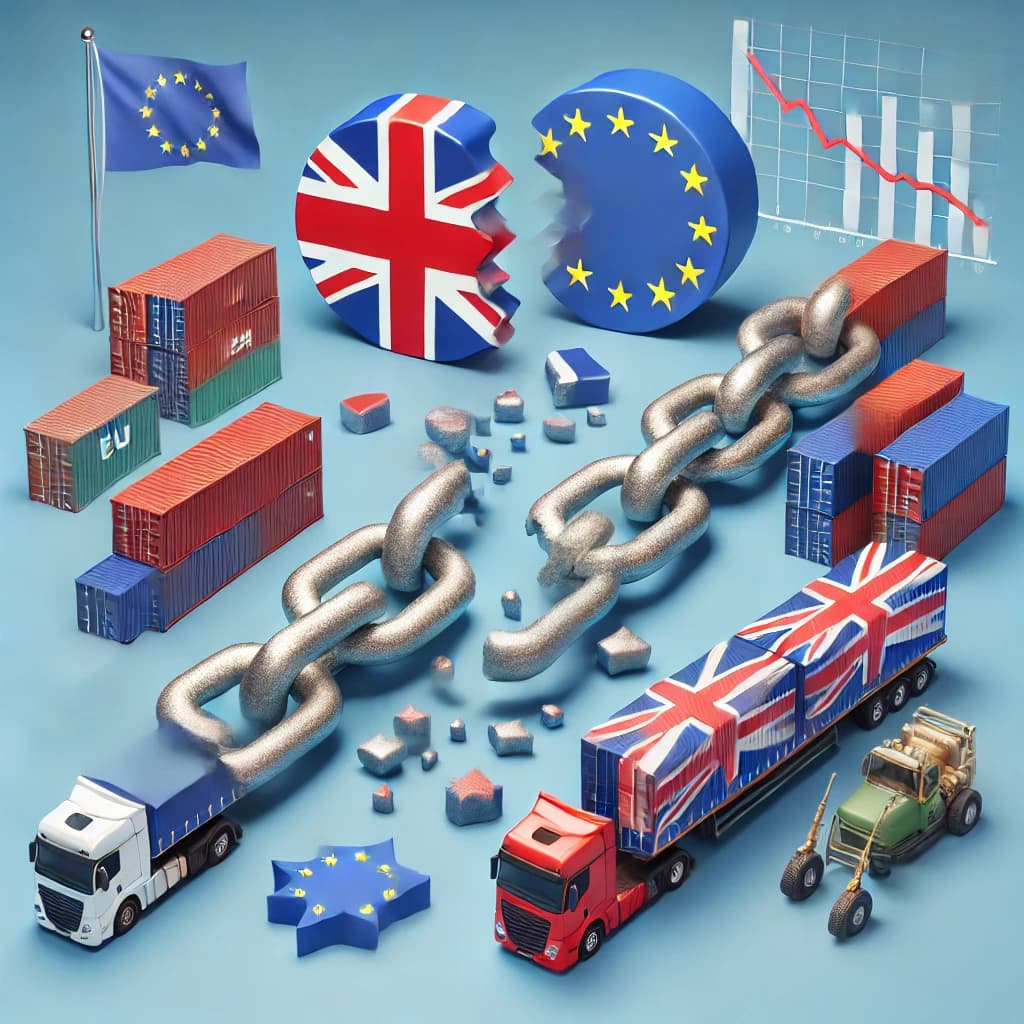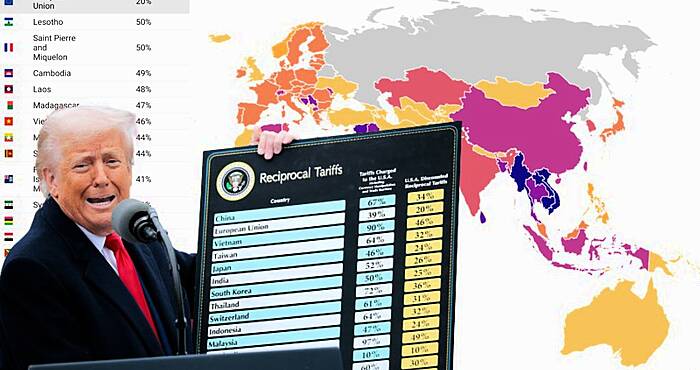Brexit, the United Kingdom’s departure from the European Union, remains a significant event with profound implications for the EU’s economic stability. Nearly five years post-Brexit, the EU continues to grapple with the fallout of losing one of its largest member states.
One of the most significant challenges has been trade disruptions. The imposition of customs checks and regulatory barriers has complicated trade between the UK and the EU, particularly in key sectors such as agriculture and manufacturing. The reduced trade volume has not only affected UK businesses but also impacted EU economies heavily reliant on UK exports.
Additionally, Brexit has raised questions about the future of EU cohesion. The departure of a major economic powerhouse has led to budgetary adjustments and reduced overall financial contributions to the EU. Despite these challenges, the EU has shown resilience by prioritizing internal economic reforms, promoting digital and green transitions, and strengthening ties with other global partners. Nevertheless, the full economic impact of Brexit will unfold over the coming decades.




